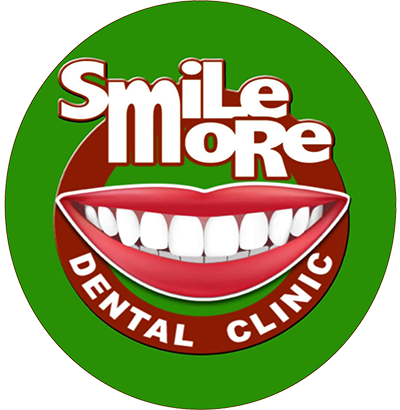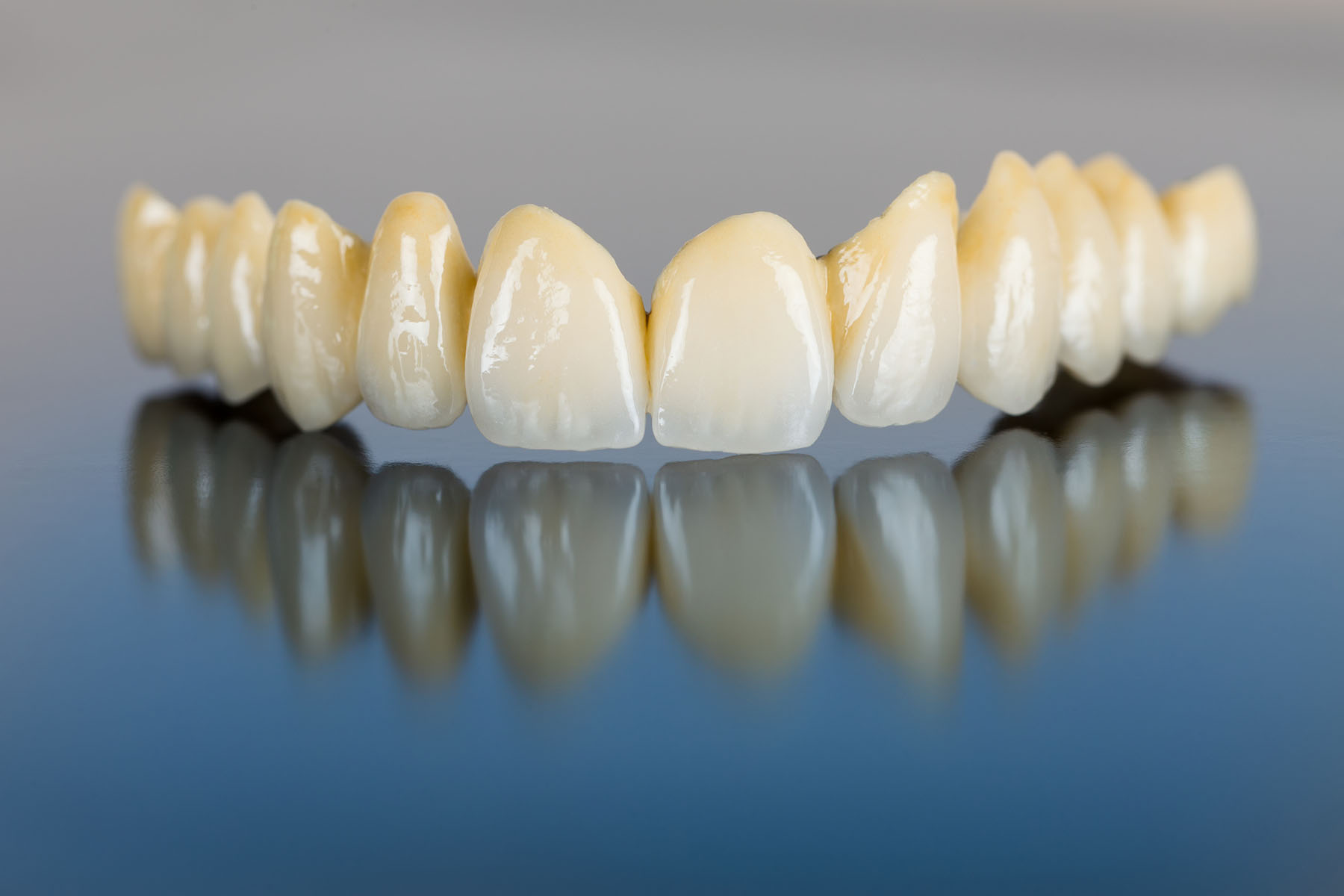A Fixed Bridge is a type of dental prosthesis that will allow you to feel confident about your smile and ensure good oral health throughout the rest of your life.
Unfortunately, many people refrain from getting a fixed bridge because they imagine it costs a lot of money. In reality, though, the price varies depending on a lot of different factors. Furthermore, the benefits of getting this type of prosthesis significantly outweigh the cost. Wisely, if you choose to get this advanced dental prosthesis, it has many advantages that make it worth the price.
We’ll discuss the benefits of a fixed bridge and price factors in detail below as we answer the query, “How much does a fixed bridge cost in Manila, Philippines?”
What Is A Fixed Bridge?
Before we can understand its benefits or its price, we must understand what exactly a fixed bridge is.
A fixed bridge is simply a false tooth that is anchored to the two teeth on either side of it with abutment caps, also known as dental crowns. The entire structure forms a secure “bridge” and acts as a replacement for a missing tooth.
Why Should I Get A Fixed Bridge For My Missing Tooth?
Why is a fixed bridge desirable over, say, a dental implant, dentures, or no replacement at all? We answer that question in the following brief guide to the pros and cons of each type of alternative.
1. Dental Implant
Dental implants are not a bad choice for replacing your teeth. They are a dental component that is surgically attached to your jaw and acts as an anchor for a bridge, crowns, or dentures. They are secure, long-lasting, and keep your jaw straight and supported.
The downside to dental implants is how much they cost. They are costly, especially compared to typical fixed bridges. For some patients, the cost may be too exorbitant. Besides, since this requires a surgical procedure of inserting a titanium post into the jawbone, more patients have qualms about undergoing the process. To add to that, sometimes, a bone graft for receded gum ridges may be required. And could take months of waiting before the restoration in the form of an abutment-crown component can do their function.
2. Dentures
Dentures are convenient and cost-effective. However, they come with a few uncomfortable disadvantages.
First, they are not permanent. You must take the denture out, clean, and maintain them. Second, they can lead you to some embarrassing scenes if they accidentally pop out while you’re eating or going about your daily life. Third, they may itch and irritate your mouth if they’re not sized or cleaned properly.
If you’re willing to accept these minor issues, however, a set of dentures is a viable option to restore several or all of your teeth.
3. No Replacement
Not replacing your tooth at all is not a wise decision. Even if you think that it costs too much to even get a fixed bridge, the fact is you are setting yourself up for more dental work, more pain, and possibly even disfiguration as you grow older.
Disfiguration and pain, just from not replacing your missing teeth? It sounds extreme, but truth is stranger than fiction. When a tooth is missing, your other teeth will grow into and crowd the area, leading to a crooked smile. You could also suffer from jawbone loss which often results in facial collapse. This means your face will droop, and when you look in the mirror, you’ll see a sagging face with teeth all in disarray. This is not good for your oral health, but it’s also detrimental to your self-esteem and self-confidence, as well.
Patients who prematurely lost their permanent molars end up having their other teeth extracted, too. Because getting more food traps in between teeth keeps them challenging to clean and predisposes other teeth to get cavities further.
Another predicament you can suffer would be getting Tempo-Mandibular Joint Syndrome due to improper jaw functioning linked to missing teeth.
In the end, if your finances and the cost of dental work are major concerns, then your best and cheapest option is not to not get a replacement but to get a fixed bridge.
What Determines The Cost Of A Fixed Bridge?
A fixed bridge is a wonderful option for filling the gap of a missing tooth, but what determines the cost of it? Is it “fixed” (no pun intended) wherever you go, or does it vary by the dental practice?
Actually, the price varies mostly according to factors such as your current oral health, the type of bridge you choose, how long it needs to be, and of course, your dentist’s skills. These elements will help determine how much your fixed bridge will ultimately cost.
Below is a more detailed guide to all the elements that factor into a higher or lower price for a fixed bridge.
1. Your Current Dental Health
Your dentist will want to analyze your oral health and find out whether or not you require any other oral procedures before recommending a fixed bridge. For example, they may determine that you need a root canal or a tooth extraction. These types of procedures must be completed before a bridge can be installed. They also increase the price of your dental visit.
2. Fixed Bridge Materials
The materials that a fixed bridge is made of may raise the price of the installation procedure.
The cheapest material is porcelain with an inner non-precious metal core. This type can be problematic for some people, as the metal can irritate their gums and is likely to corrode over time. Still, with proper care and dental hygiene, they can last many years without being replaced.
Porcelain with semi-precious metal is the second cheapest option. The metal inside is called “Tilite.” It generally reacts well with the bacteria and tissue inside the human mouth. It is also stronger and more durable and is definitely a longer-lasting alternative to the first type we discussed.
The most expensive material for a fixed bridge is Zirconia. Zirconia is exceptionally durable, but it comes with the added bonus of looking more like a real tooth. From an aesthetic perspective, it is the superior choice. You can enjoy wearing this dental bridge choice for many years, much more than the other mentioned variety.
3. The Span Of The Fixed Bridge
The longer the span of the bridge – in other words, the wider the gap the bridge has to cover – the more it will cost. This is because the price increases with the increase in length and material.
4. The Skills Of Your Dentist
The cost of a fixed bridge also depends on the skills of your dentist. If your dentist is popular and sees many patients, they may charge more for the demand on their time. If they are less well-known or operate out of a clinic, they will probably charge less – but then you run the risk of a poor job, which means more money out of your pocket.
Talk To the Right Dentist About The Cost Of A Fixed Bridge
Finding the highly recommended dental clinic for a quality dental bridge would be best for a wise patient like you. Talk to a skilled dentist who will discuss the pros and cons of this process. You can determine if this is the suitable alternative for missing teeth replacement and know how much the complete process will cost. As with any dental treatment, the critical consideration is getting acquainted with your oral health first. Hence, the caring dentist will listen carefully to your main concerns and make sure to address all the questions you have. With that, the patient-focused dental clinic can address the proper solution and agree upon the management course. Likewise, the friendly dental clinic will discuss other feasible options if you cannot afford this cost-efficient solution for missing teeth. With these newly found insights about dental bridge costs, you are now well-informed about this missing teeth replacement option in Manila, Philippines.
Always assess and reflect on the accurate facts that will help you decide best. Lastly, cozy up when looking for a reliable dental practice that has the get-up-and-go, always ready to guide and help you achieve and enjoy that fabulous and healthy smile you want.


